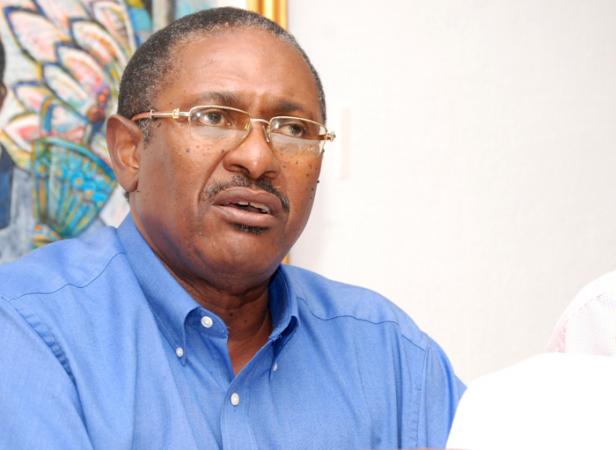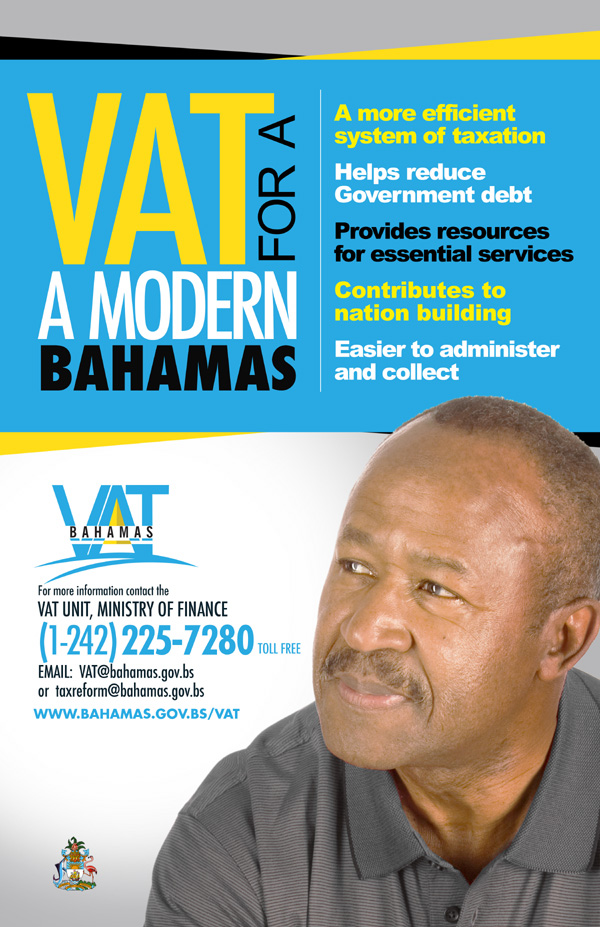
Bradley B. Roberts
National Chairman
Progressive Liberal Party
The media has shown some interest in and has solicited my comments on the Inter-American Bank-funded survey that took place between June and October of 2014. I have several observations from analyzing the raw statistical data presented.
My initial observation was that about 47% of Bahamians surveyed believed the Rt. Hon. Perry G. Christie is either performing “good” and “very good” in leading this country. This is a fair and balanced assessment of the Prime Minister’s performance after twenty-nine months on the job and any student of politics would tell you that by any objective international measure, this is good news. United States President Barak Obama has a jobs approval rating of 47% which is reported as good in the American press.
Additionally, 32.2% of Bahamians surveyed graded Mr. Christie’s performance as “fair.” When added to the grades of “good” (37.4%) and “very good” (9.5%), the Prime Minister’s approval rating is catapulted to 79.1%. Even the writer grudgingly conceded that Prime Minister “Christie could at least find comfort in these results, which show that 46.9 percent either think he is doing a good job or very god job.” Needless to say, in light of the customary “midterm blues” among voters, these results are very good news for Mr. Christie and his PLP government. However, this is very bad news for Dr. Hubert Minnis and the opposition FNM who appear to read the proverbial tea leaves from daily radio talk shows and salacious newspaper headlines in gauging the country’s political barometer. I guess that is why he keeps challenging Mr. Christie to call a general election now but he should be very careful what he asks for.
Much was made in the article of the fact that 45% of Bahamians surveyed in this major Inter-American Bank-financed survey said that they would vote for a candidate or party different from the current administration if the general election was held the week of the interview. In response I only say this: the PLP government was at its most popular in 1968 but could only muster 60% of the popular vote. That meant that 40% of the electorate voted against the PLP, but notwithstanding that, history is very clear and definitive on how many seats the PLP won in 1968 and in subsequent general elections.
My final observation is that the constant negative messaging from the usual suspects is not having the kind of negative impact that these purveyors of gloom and doom had hoped for. Bahamians on balance were able to see through much of the blatant bias, unjustifiable criticisms and political spin and appreciate the poor state of national affairs inherited by Mr. Christie and the tough, difficult, sometimes unpopular but necessary decisions the Prime Minister made over the first twenty-nine months of his administration in the best interest of all Bahamians.
Bahamians looked within their heart of hearts and 9.5% of them assigned a grade of “A” to Mr. Christie; 37.4% assigned him a grade of “B” and 32.2% assigned the Prime Minister a grade of “C.” The Christie administration must use these results as motivation to work harder for and do more on behalf of the Bahamian people.
END












